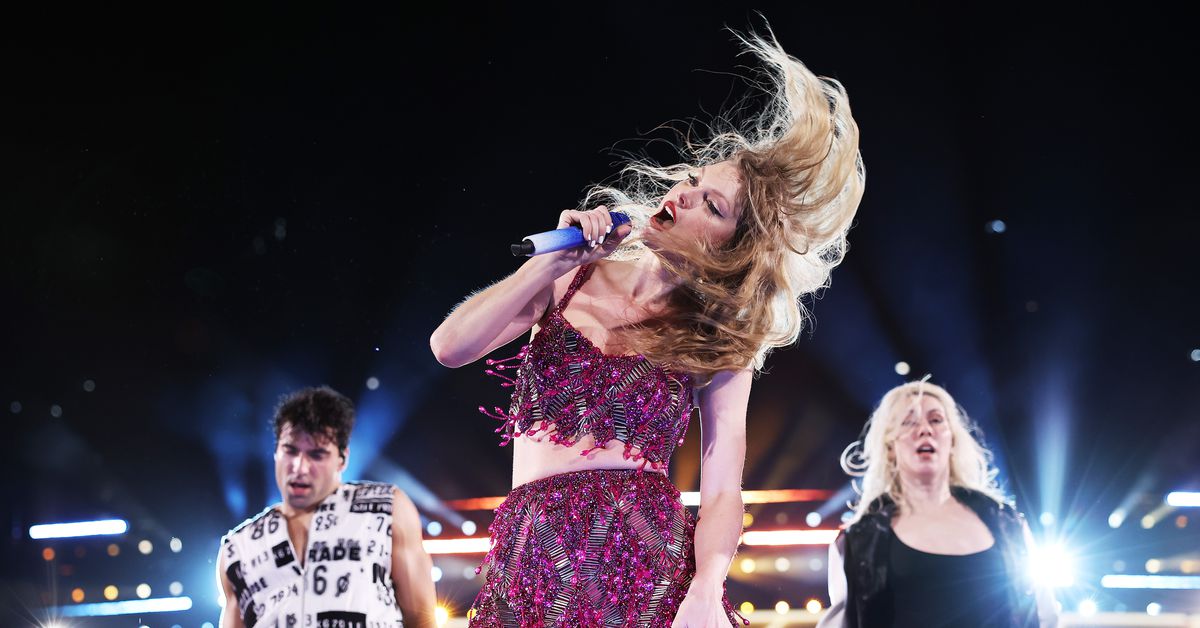
Guest Column: ‘Queen Sugar’ Helmer DeMane Davis on How Ava DuVernay’s Decision to Hire All Female Directors Offered “Life-Transforming Opportunity”
My wood floor is barely visible. I’m organizing, which inevitably turns into sitting and thumbing through remnants from episodes of TV shows I’ve had the honor to direct. I have Post-Its in every size. Call sheets and shot lists that have made their way home in pockets and backpacks. (I’m still not fully down with Scriptation — don’t tell Rachel Raimist and Valerie Weiss!) And I have piles of scripts. The tallest stack is from Queen Sugar.
There is no way to quickly answer what Ava DuVernay’s decision to push for hiring female directors on Queen Sugar has done for my career other than to say I don’t think I would have a career directing for television if she didn’t. Ava making this decision, and Oprah Winfrey agreeing (the series airs on OWN), ushered an incredibly needed change into the industry. This was the first TV show in 94 years to have all female directors. That is not a typo. As preposterous as it seems, it’s also proof that one decision can inspire and affect lives, even an industry, if you push for it.
Related Stories
For seven seasons, Queen Sugar has told the story of the Bordelons, a Black family — farmers who owned land and lost it; activists who organized, marched and made us aware; entrepreneurs who served their community. Siblings and lovers came together, argued and came undone. There were trysts, marriages and misunderstandings. We watched these characters endure roadblocks that were systemic, metaphoric and literal. We viewed Black skin in every hue and hair in every fashion — lit and laid to perfection. We saw ourselves. Every episode in the one-hour series was framed and filmed like a movie. Queen Sugar is one of the longest running dramas centered around a Black family on television.
And, for its seven seasons, it featured 42 female directors at the helm. I am one of 42. I arrived on crutches, having directed two feature films, 70 commercials, and just broken my ankle on both sides. I had never been asked to direct television before: No one was looking for me, and what if no one asked me again?! Nothing was going to stop me from this opportunity.
It’s hard to believe this award-winning series makes its final bow on OWN on Tuesday. Sitting amongst these photos, cards and scripts, how can I describe it? To paraphrase my Queen Sugar Sister Director, Lisa France: “What is Queen Sugar about? It’s about this land. It’s about this farm that this family owned, and keeping that land, and Ava has been trying to keep this land for us as women, as artists, as directors. … She keeps putting another woman farmer, and then another woman farmer. … There’s such a parallel between all of the things that happen to the Bordelons on Queen Sugar and what happens to us as women in this business. The constant pummeling of, ‘No, you can’t keep this land.’ And you know what? They keep getting back up. The family keeps coming together and helping each other, and that is what Ava made. Ava made that in us.”
When I arrived on set, I realized that Ava was not only employing directors that no one else was thinking of hiring and telling stories about those we rarely see (Darla’s story, beautifully played by Bianca Lawson, having now overcome sexual and substance abuse, is particularly poignant, especially this season), but Ava also was employing crew members that looked like the world we live in.
I’ve said this before, but Queen Sugar is still the only set where I have ever seen and worked with a Black female grip. This was the beginning of #ArrayCrew. My first AD in television, George Bott, went from being a second to a first to a UPM on this series. Our beloved production manager, Miss Cheryl Miller, is now a line producer. This is the culture that has been cultivated, one that encourages and promotes those who work hardest and prove they are ready for new challenges. They, like us, were given the opportunity. A chance.
Challenges abound, erasure persists, but this testament, what this show has shown and provided remains. Every decision you make can affect more people than you can fathom. This is proof. You cannot tell the story of women in this industry without acknowledging what Ava DuVernay has done. How she has changed it for the better. Her body of work encompasses actual bodies. Humans. Directors and #ArrayCrew who have contributed, benefited and grown from this life-transforming opportunity and experience. These people now have careers. They have remnants from the shows they’ve worked on, script stacks of their own.
I believe it is now our turn to endeavor to include voices and tell stories that have yet to be told. To make decisions that will push for change and give other viewers, crew and cast a sense of belonging. That is legacy. I am honored, humbled and forever grateful to be a part of this abundance.










































































